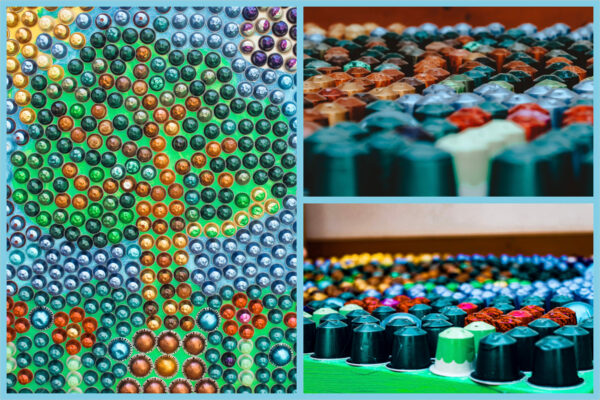
1. grade
When I joined the Save Soil movement I saw the possibility to reconnect with my first memory about soil. I was about 7 years old and my teacher asked us to monitor the growth of a bean and look after that tiny piece of life. This first experience never lost its sense of magic and mystery for me. How was it possible for a seed to transform itself into a plant on a piece of cotton wool and then grow enough to continue living in soil? I recalled transplanting it into the soil and still now remember the smell of that soil too.
As a parent I had revived the experiment, watching my children growing their own beans at school.
As a child photographer, there were many times when I had witnessed children connect deeply with the wonder of forests. We sat on the ground to deepen their experience.
My involvement with Save Soil has brought the opportunity to engage once again with the bean project. I had the pleasure of repeating the experiment and photographing it in detail as well as contacting two families and engaging with their children about soil.
The children were of different ages and showed a good range of familiarity with the soil; some were more involved than others. After listening to their own experiences I shared the idea of recreating the bean project. They will monitor the experiment using their creative skills and we will reconnect in the middle of the project.
I believe that connection with soil is an essential component in raising awareness about the soil itself and its depletion. By conducting the same experiment, and inviting the children to engage with their creativity, it will certainly create an opportunity for conversation with their own families and friends about soil - sharing how the soil needs our attention and care just now.
My first presentation was about ”What is the soil?” The children in my class have already studied about the layers of the earth: Barysphere, Hydrosphere and Lithosphere. Soil is part of the Lithosphere, the outermost part of it. Then we start talking about the composition of the soil: what it contains as non-living matter and the life inside the soil: microbes, fungi, bacteria, worms, insects, and other animals. We also discussed what is the role of the soil, how it contributes to the other living beings on Earth, and the importance it has for the survival of life on our planet.
The children were so excited about all the information, and they contributed with their own knowledge and ideas. They connected so many areas of the economical system to farming, and discovered that actually everything comes from soil. We have performed experiments, and the children wrote various projects on soil. We are planning to continue with the study of soil in the next two months.
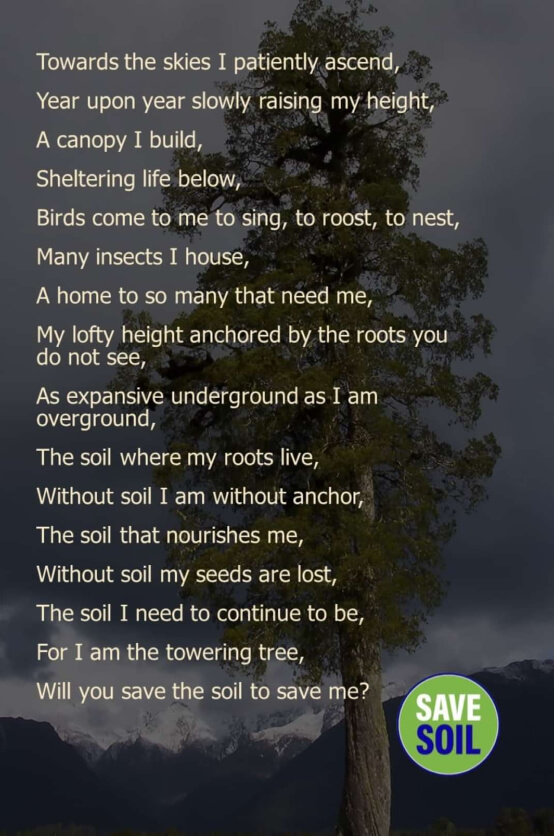
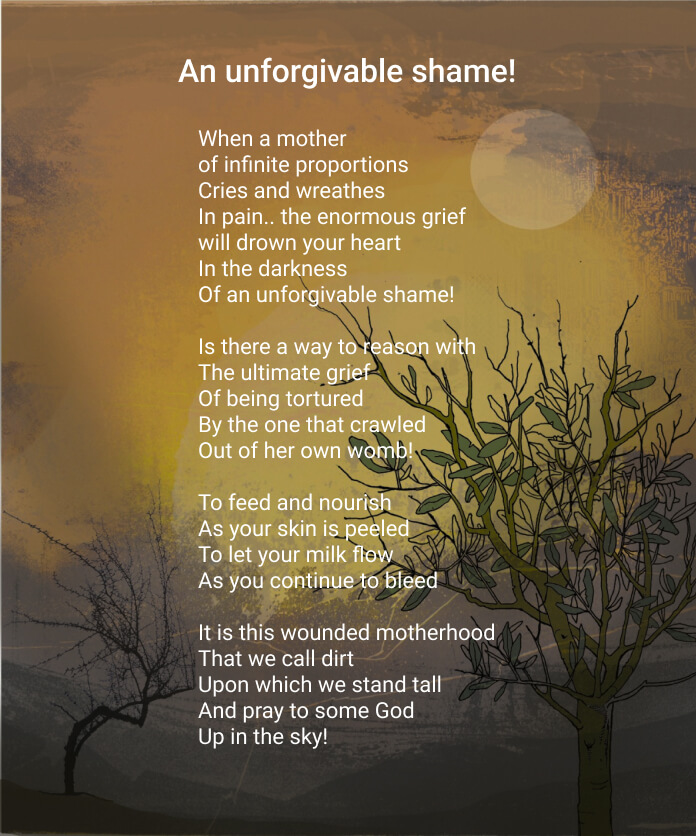
This will close in 0 seconds
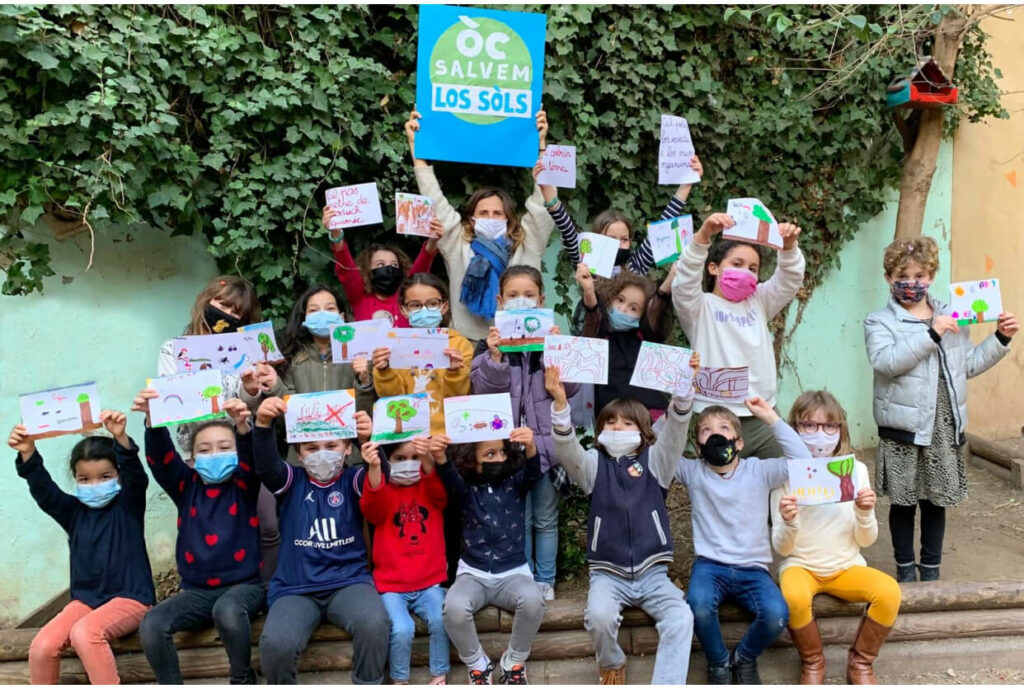
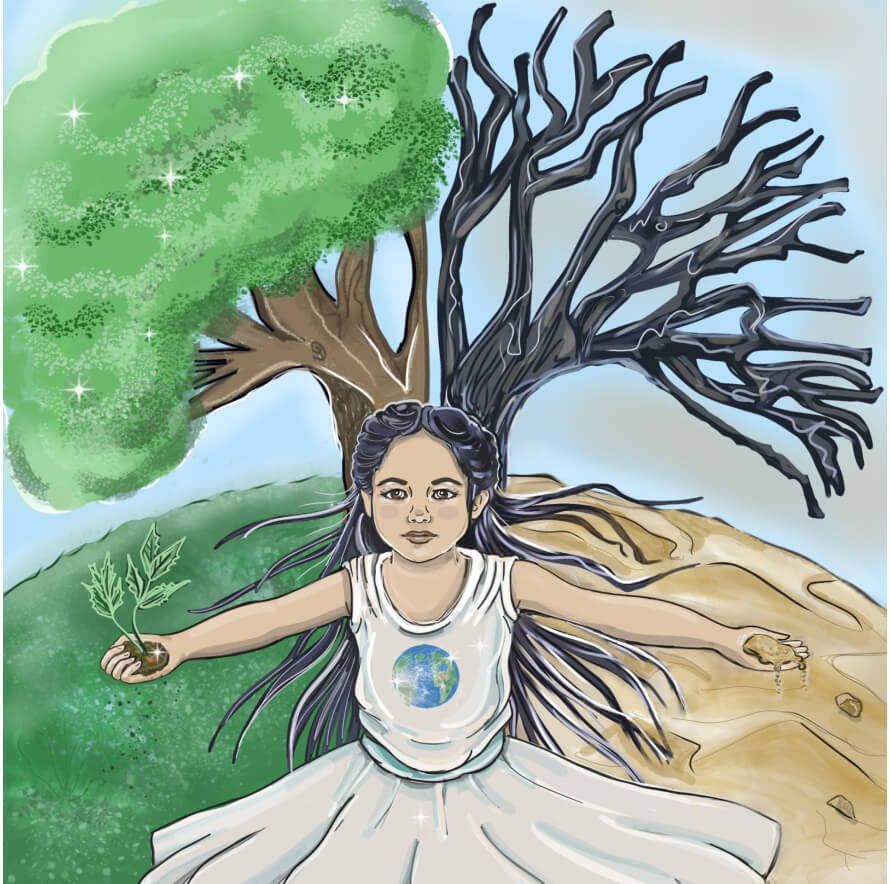
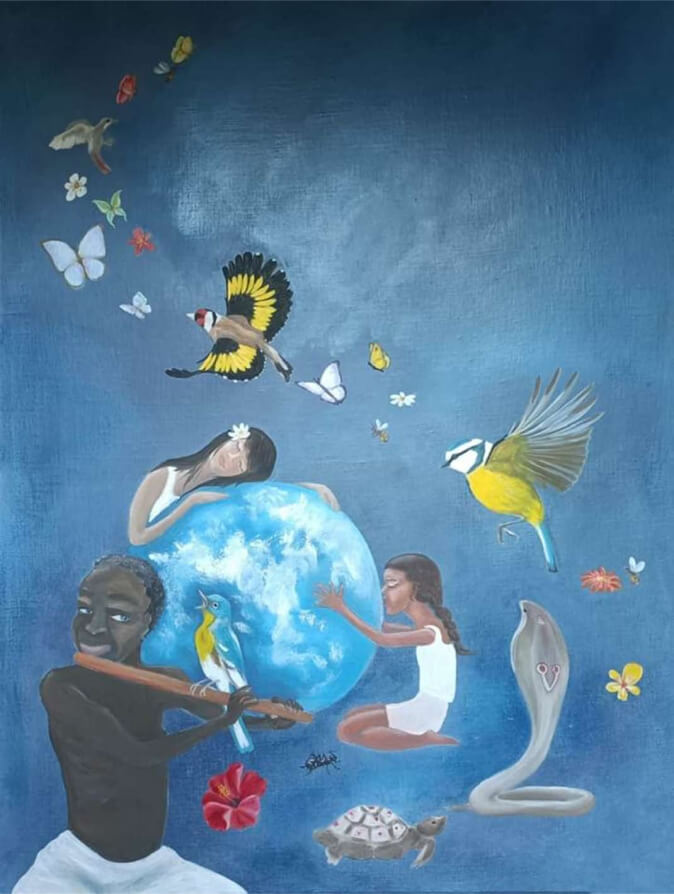
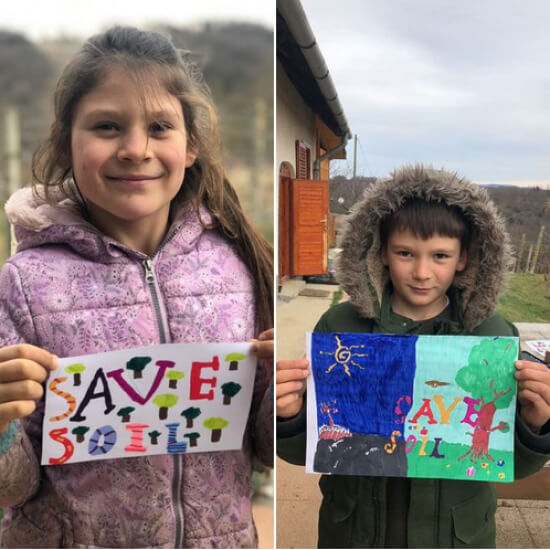
This will close in 0 seconds
This will close in 0 seconds
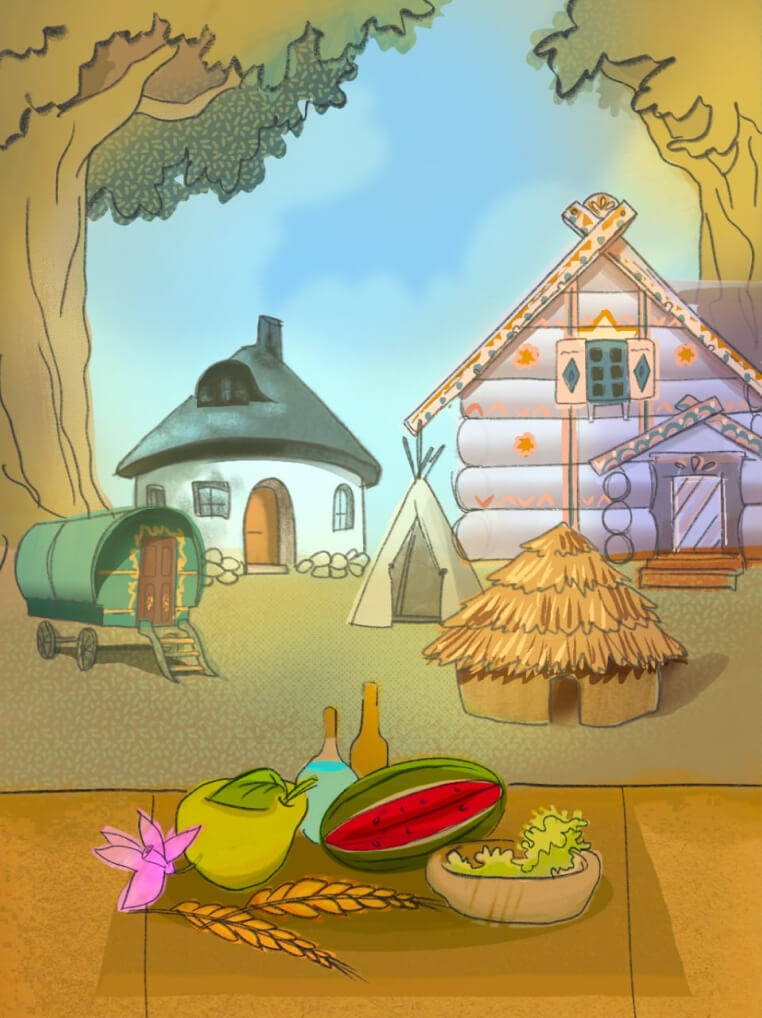
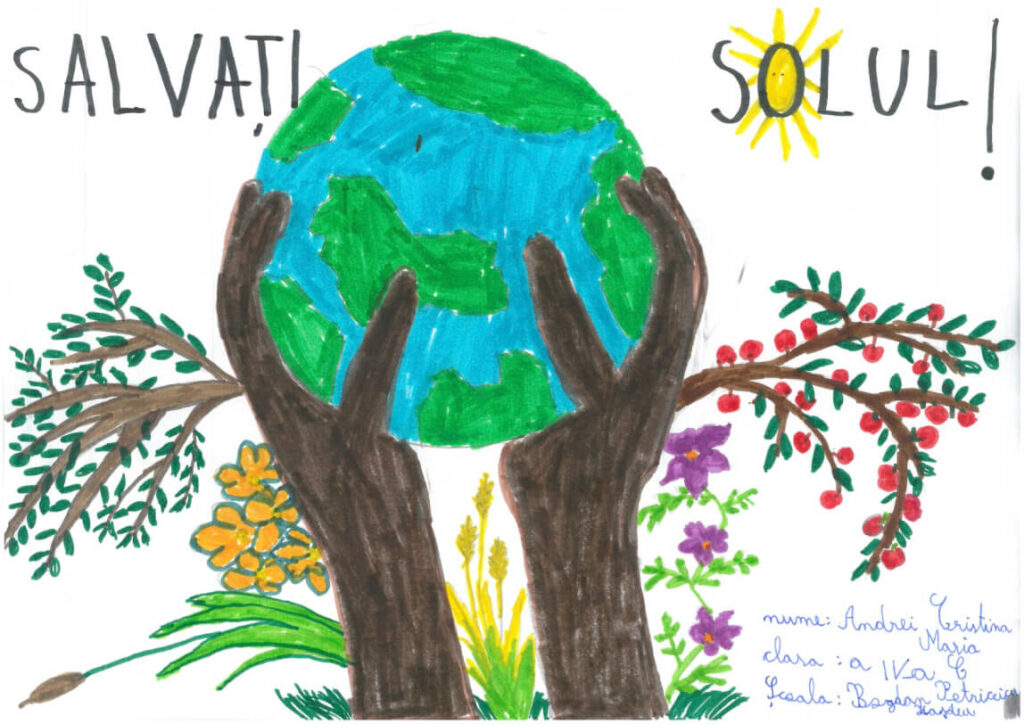
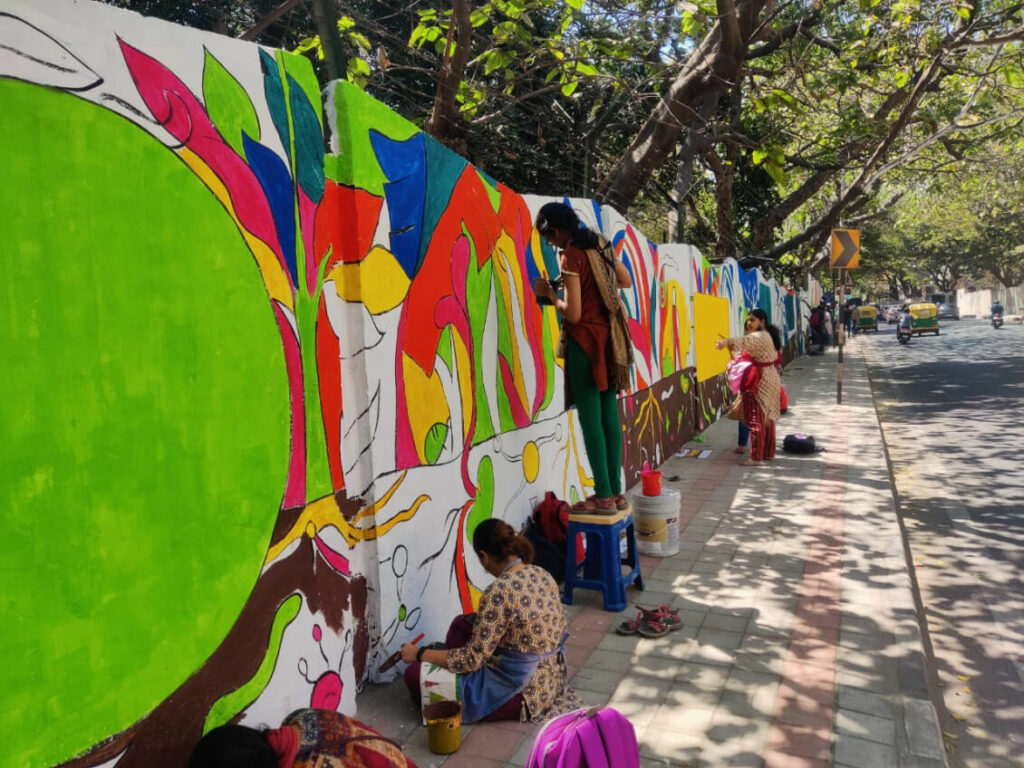
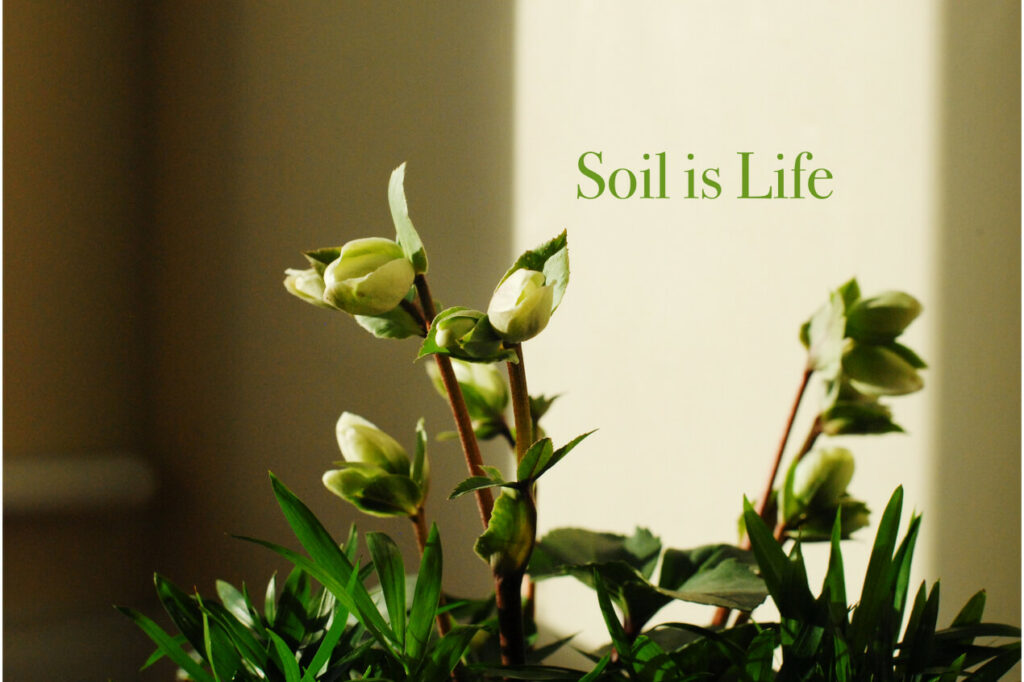
* Submission of the work is no guarantee that we will display or publish that work. We reserve the right not to display or publish the work on our website or social media handles.
* By submitting the work, the submitter assures that the creator(s) or for those under 18, the parent(s)/legal guardian(s) of the creator(s) give permission for the work, artist name, institution and country to be published, both offline and online, and grants us a non-exclusive, royalty-free, worldwide license to republish the work in electronic format or hardcopy for purposes related to the Save Soil Movement.
* The submitter represents and warrants that the work is an original work of the artist(s).
* The work shall not:
* violate the rights of any third party, including but not limited to, privacy rights, copyrights, trademark rights and/or any other intellectual property rights; the parent/legal guardian shall indemnify Conscious Planet and related entities, its officials, employees, representatives against any claims, loss, damages and liability arising as a result of infringement of third party intellectual property rights.
* Be harmful, harassing, blasphemous, defamatory, obscene, pedophile, libellous, invasive of another’s privacy, hateful or racially ethnically objectionable, disparaging, or otherwise unlawful in any manner whatsoever.
* be a file that contains malware or viruses or any other computer code, files or programs designed to interrupt, destroy or limit the functionality of any computer resource.
* The submitter may request that we remove the work. We will use reasonable efforts to ensure that the work is deleted, subject to the limitation that we may be unable to fully delete all, particularly any of the work posted on other user pages or third party websites. We reserve the right to retain any of the work as necessary for legal or compliance purposes.
As a parent I had revived the experiment, watching my children growing their own beans at school.
As a child photographer, there were many times when I had witnessed children connect deeply with the wonder of forests. We sat on the ground to deepen their experience.
My involvement with Save Soil has brought the opportunity to engage once again with the bean project. I had the pleasure of repeating the experiment and photographing it in detail as well as contacting two families and engaging with their children about soil.
The children were of different ages and showed a good range of familiarity with the soil; some were more involved than others. After listening to their own experiences I shared the idea of recreating the bean project. They will monitor the experiment using their creative skills and we will reconnect in the middle of the project.
I believe that connection with soil is an essential component in raising awareness about the soil itself and its depletion. By conducting the same experiment, and inviting the children to engage with their creativity, it will certainly create an opportunity for conversation with their own families and friends about soil - sharing how the soil needs our attention and care just now.